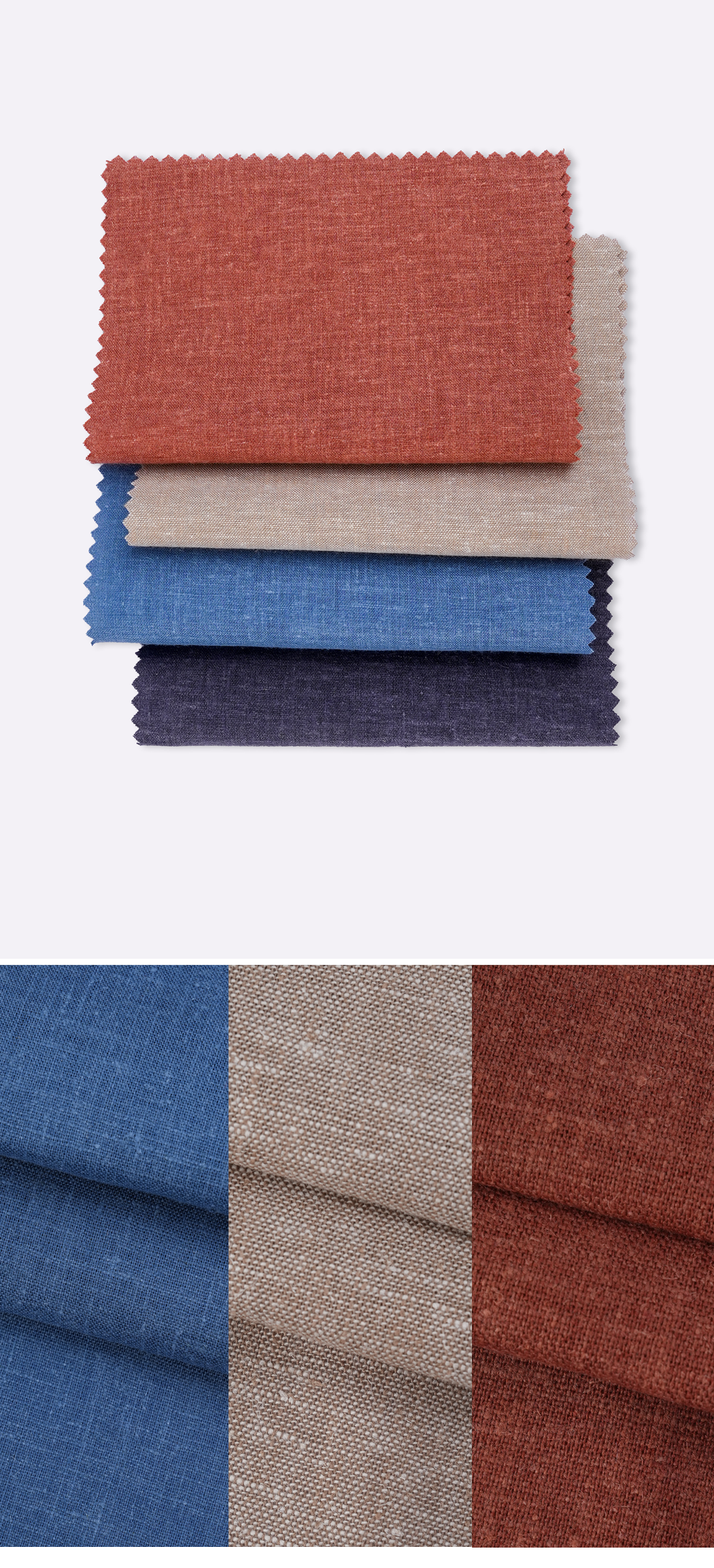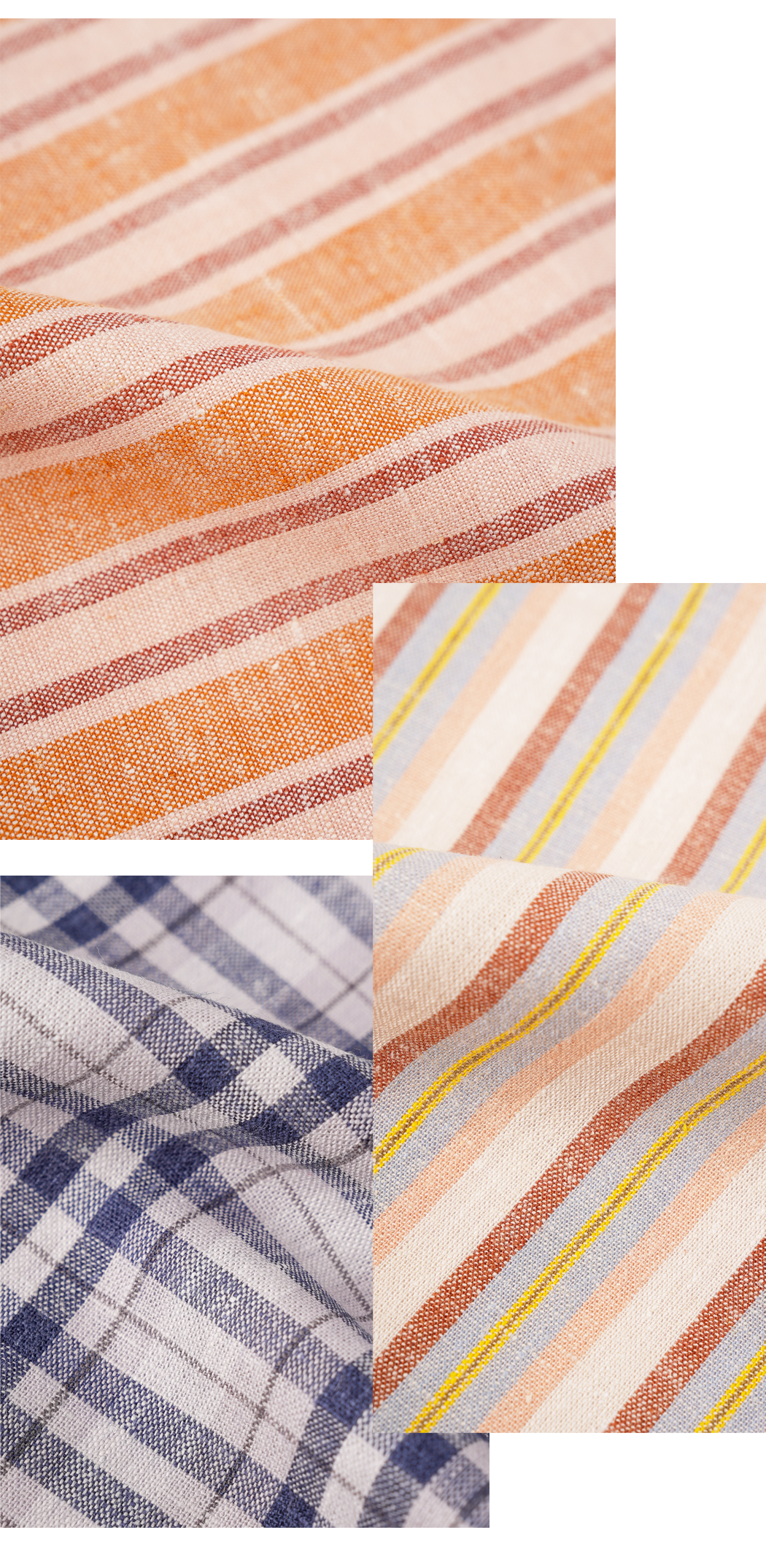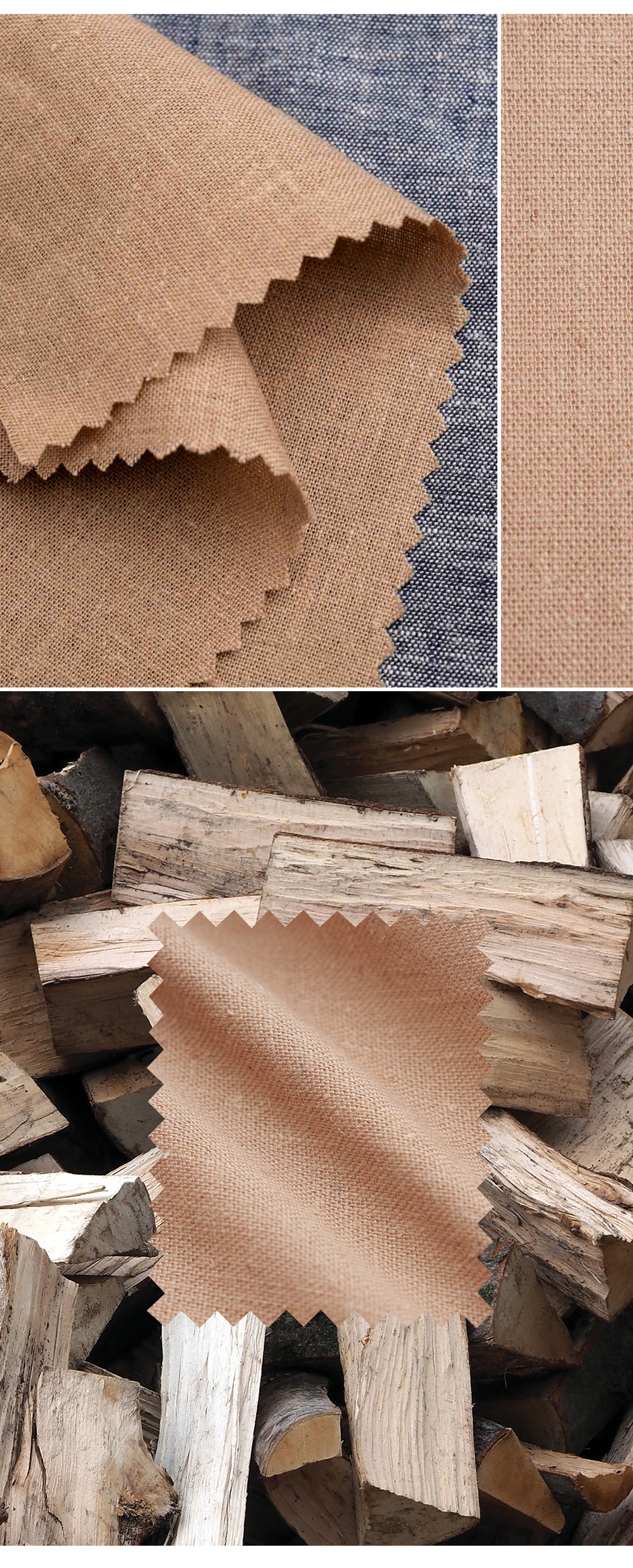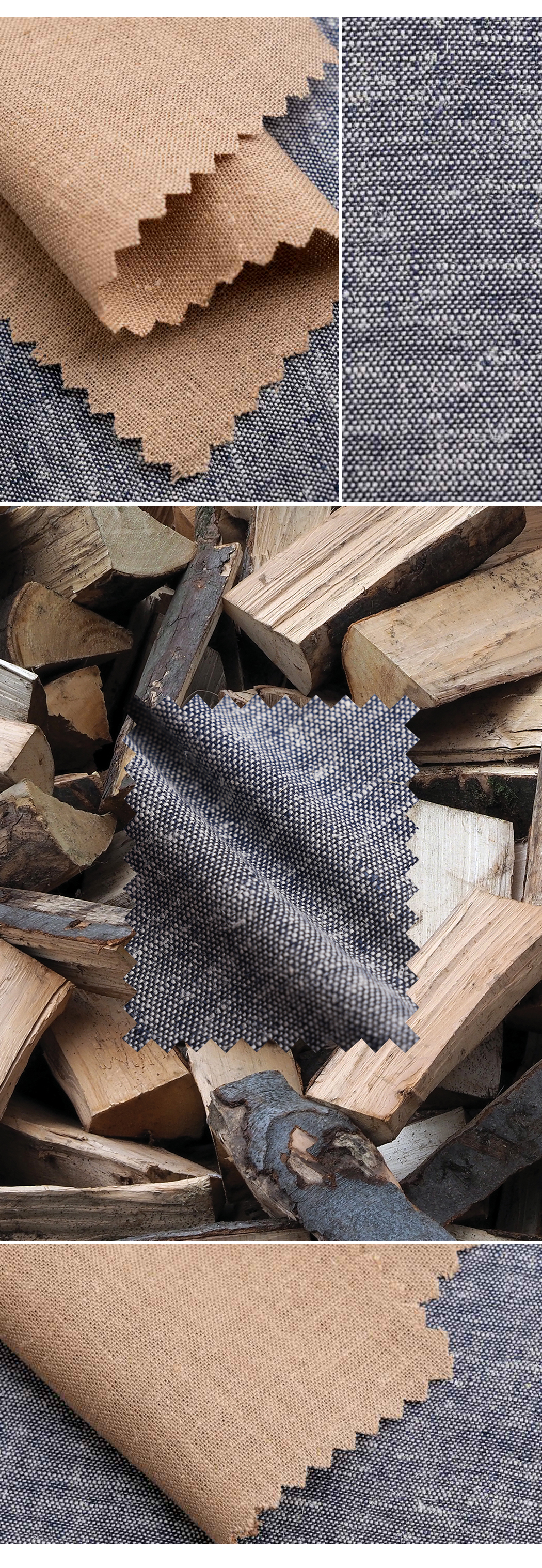Exploring Sustainable Textile Fibers: Hemp and Tencel
Exploring Sustainable Textile Fibers: Hemp and Tencel
Exploring Sustainable Textile Fibers: Hemp and Tencel
Hemp fiber, extracted from the hemp plant, and Tencel fiber, sourced from renewable wood, are making waves in the textile industry due to their eco-friendly properties. Both fibers boast qualities that make them desirable for various textile applications.

One of the most compelling aspects of both hemp and Tencel fibers is their sustainability. Hemp plants require minimal water, pesticides, and herbicides to thrive, making them highly eco-friendly. Similarly, Tencel production utilizes wood pulp from sustainably managed forests, ensuring minimal environmental impact.

When combined, hemp and Tencel fibers offer a unique blend of performance and comfort. The resulting fabric is delicate, soft, and gentle on the skin, making it ideal for sensitive individuals. Moreover, it exhibits UV resistance and is hypoallergenic, ensuring a comfortable wearing experience for all.
One standout feature of hemp and Tencel fabric is its breathability. The fibers allow air to circulate freely, keeping the body cool and comfortable even in warm climates. Additionally, the fabric's natural antibacterial properties inhibit microbial growth, making it a hygienic choice for everyday wear.

From vibrant hues to subtle tones, hemp and Tencel fabrics offer a wide range of colors and styles to suit every taste. Whether it's a casual ensemble or formal attire, these textiles exude elegance and sophistication, making them a versatile choice for fashion-conscious individuals.

Hemp and Tencel fibers represent a harmonious blend of sustainability, comfort, and style in the realm of textile manufacturing. With their eco-friendly production processes and superior performance characteristics, these fibers are paving the way for a more sustainable future in fashion.
